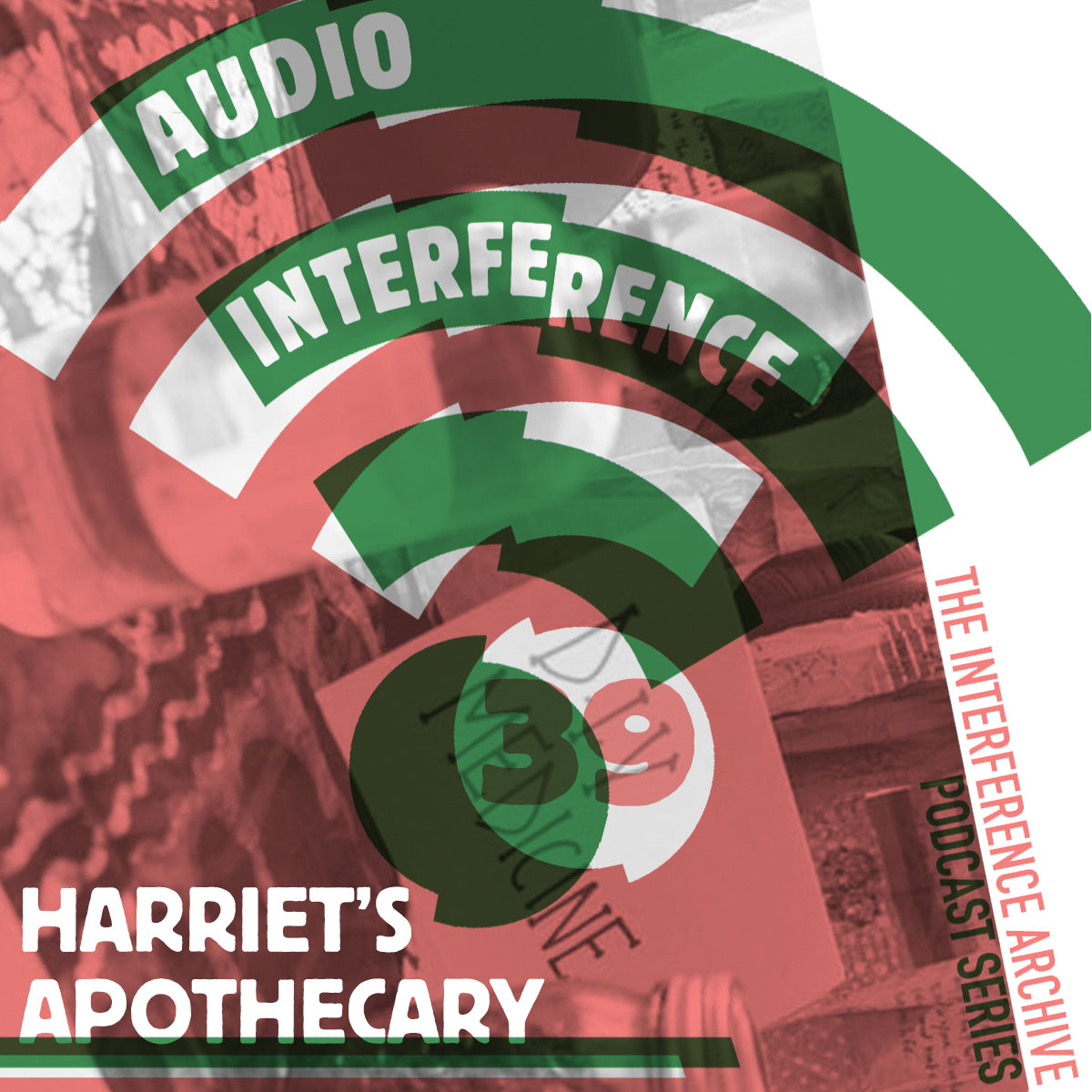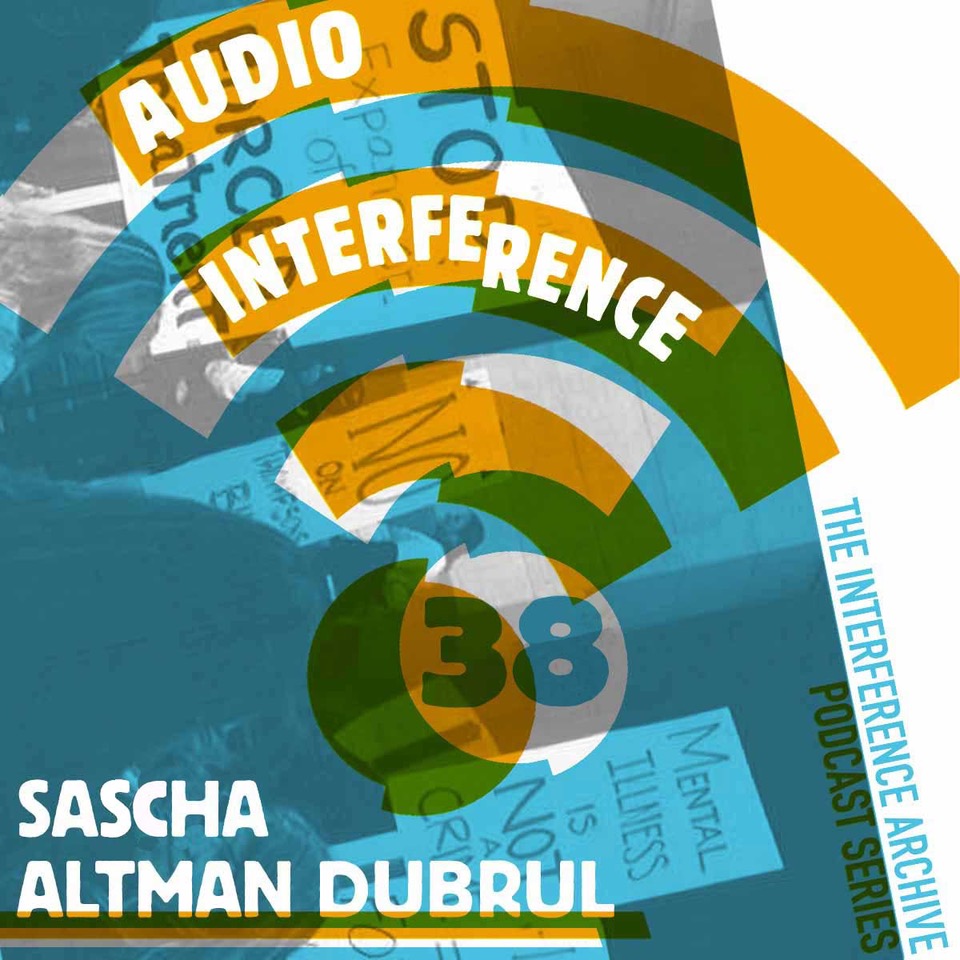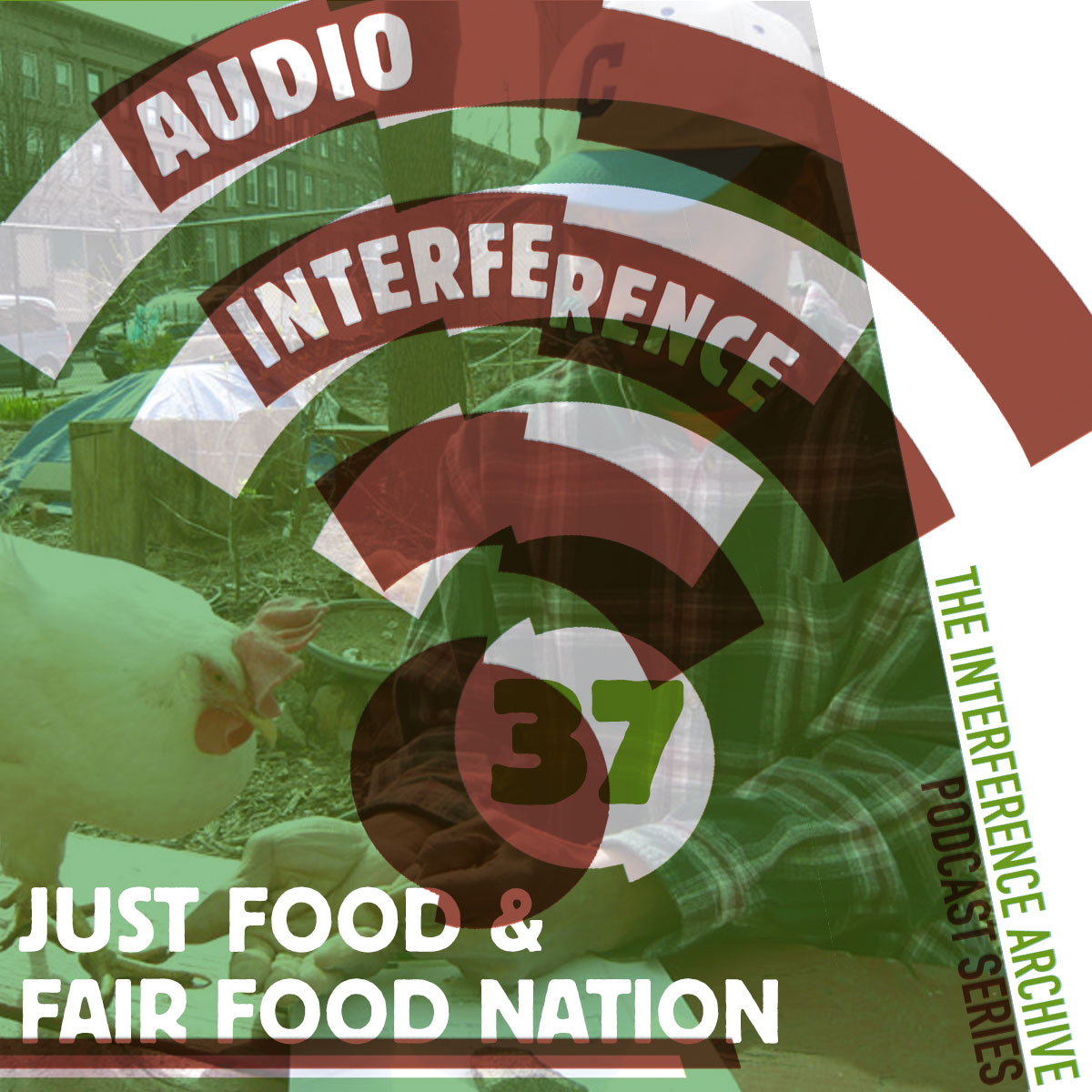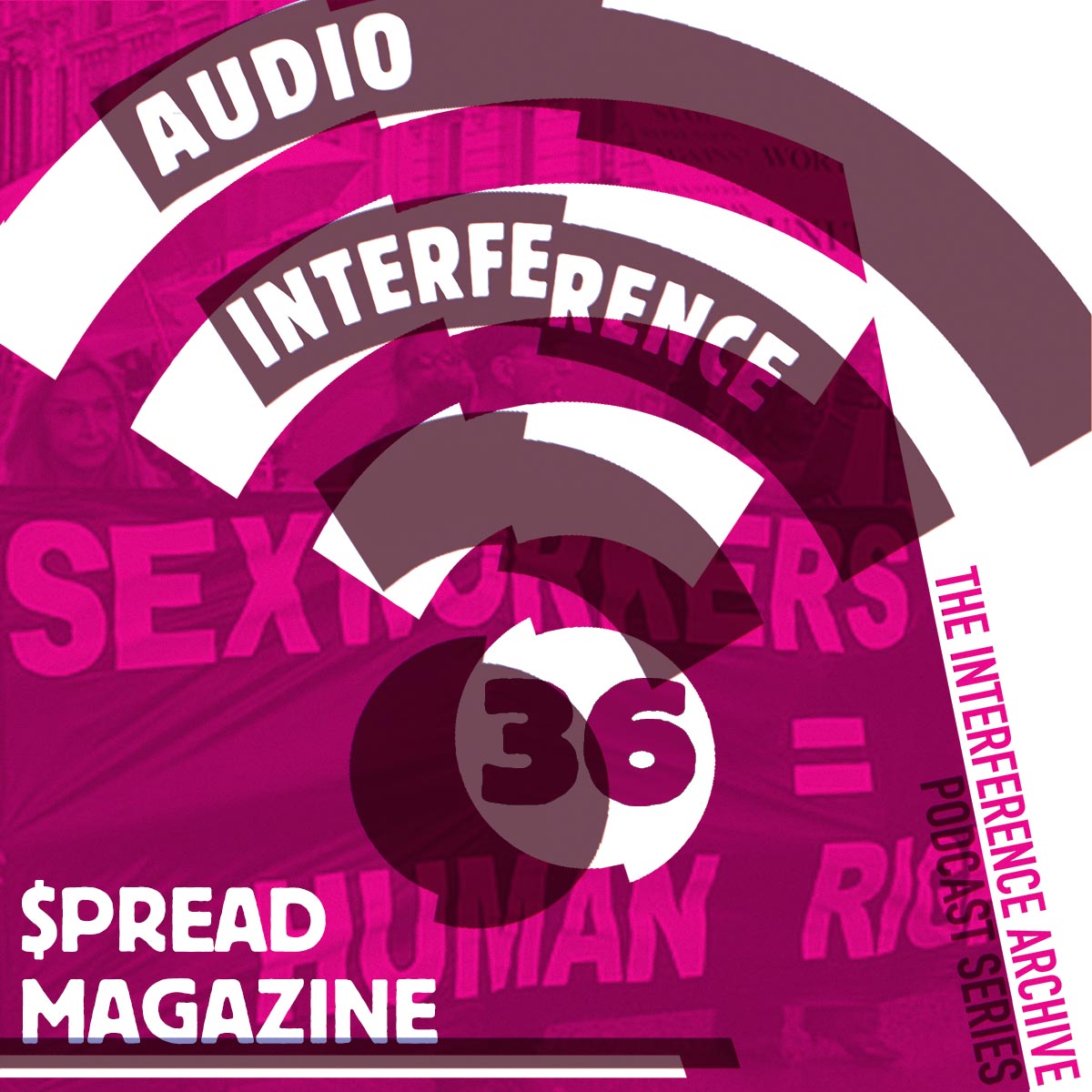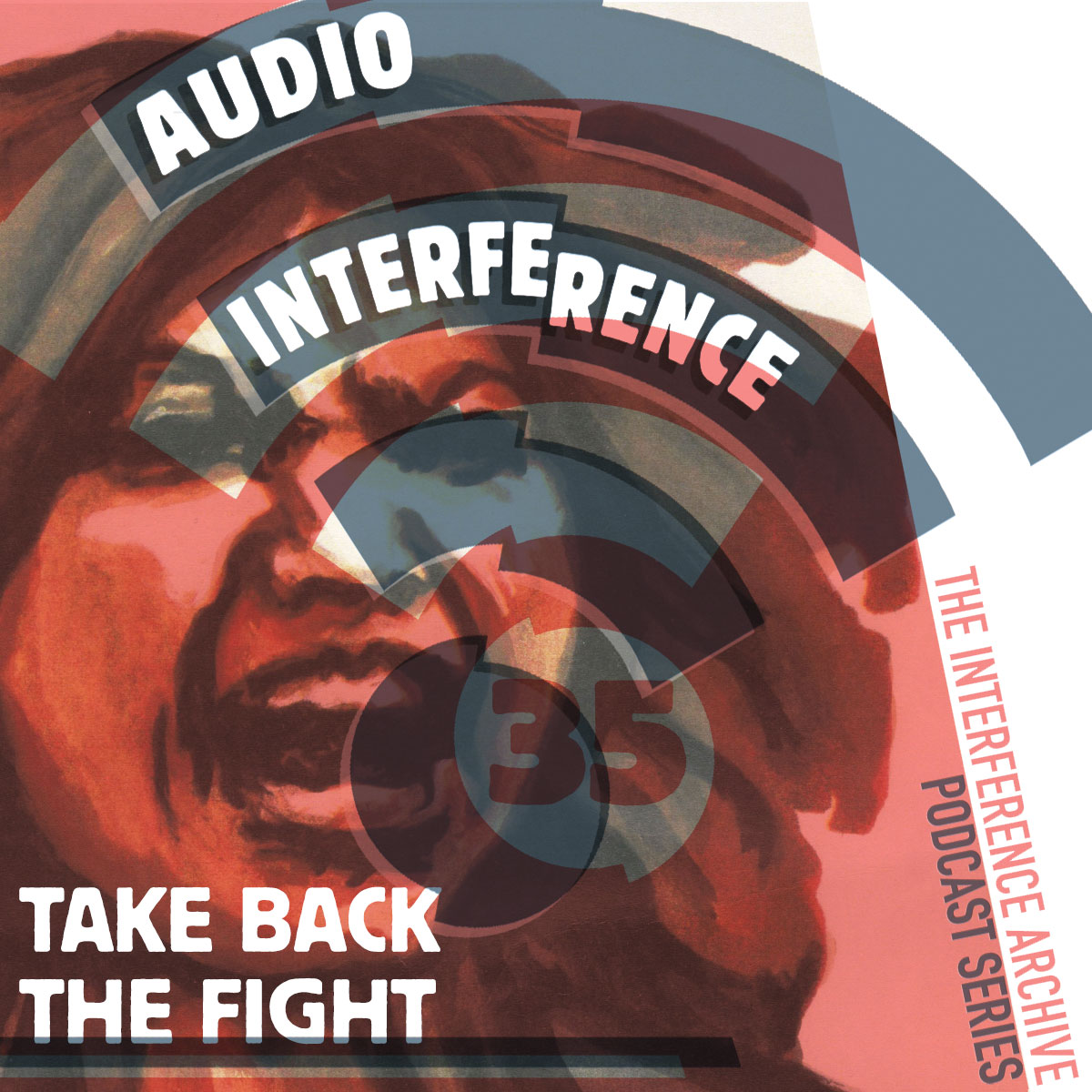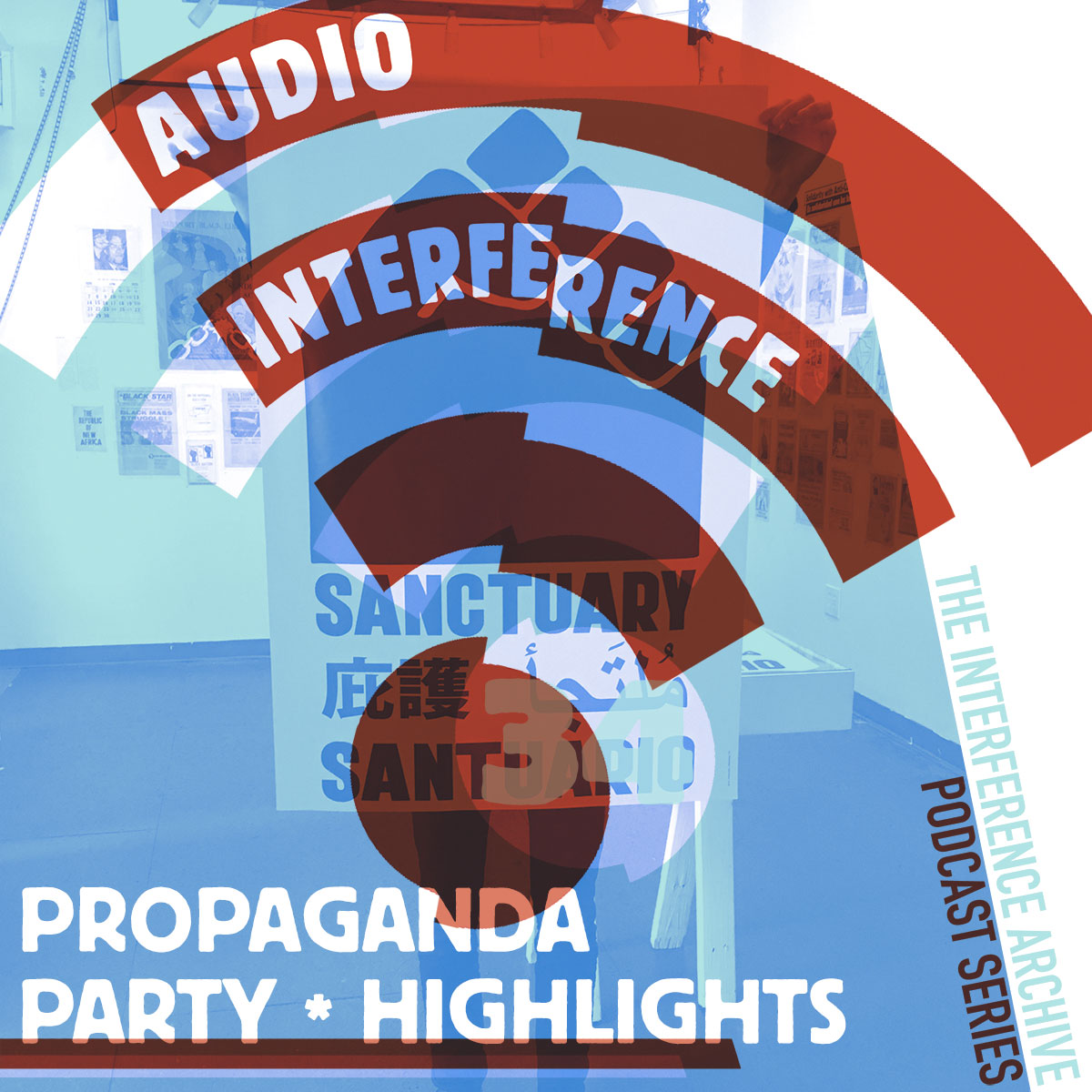Category: Audio Interference
Audio Interference 39: Harriet's Apothecary
"To be healthy, or even to be seen as someone who deserves care, you have to look a very specific way, and those are ways...
Audio Interference 38: Sascha Altman DuBrul
Mad Pride and Radical Mental Health: Sascha Altman DuBrul and The Icarus Project This week we're talking to Sascha Altman...
Audio Interference 38: Sascha Altman DuBrul
Mad Pride and Radical Mental Health: Sascha Altman DuBrul and The Icarus Project This week we're talking to Sascha Altman...
Audio Interference 37: Just Food & Fair Food Nation
"Even if it seems like it doesn't directly relate to food, it does. Food relates to housing, to life, to water, to land." -...
Audio Interference 36: $pread Magazine
$pread magazine was an award winning publication produced by and for sex workers from 2005-2011. In 2015, The Feminist Press...
Audio Interference 36: $pread Magazine
$pread magazine was an award winning publication produced by and for sex workers from 2005-2011. In 2015, The Feminist Press...
Audio Interference 35: Take Back the Fight
Interference Archive’s summer 2017 exhibition Take Back the Fight: Resisting Sexual Violence from the Ground Up--a...
Audio Interference 35: Take Back the Fight
Interference Archive’s summer 2017 exhibition Take Back the Fight: Resisting Sexual Violence from the Ground Up--a...
Audio Interference 34: Propaganda Party Highlights
Interference Archive has been hosting a series of Propaganda Parties: events where we distribute free materials like...
Audio Interference 34: Propaganda Party Highlights
Interference Archive has been hosting a series of Propaganda Parties: events where we distribute free materials like...
